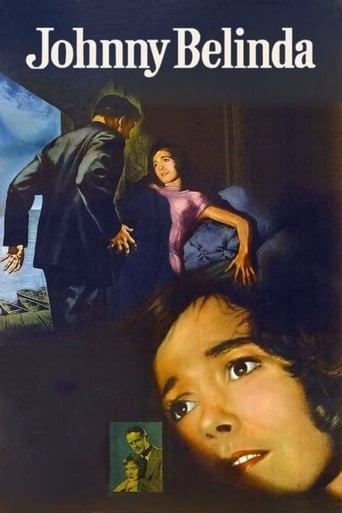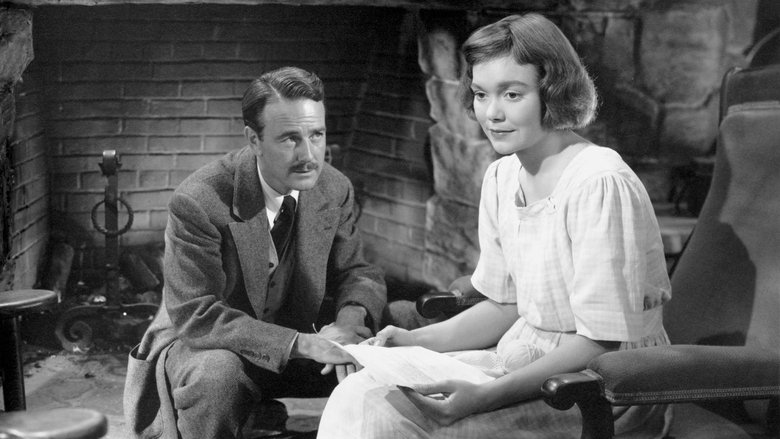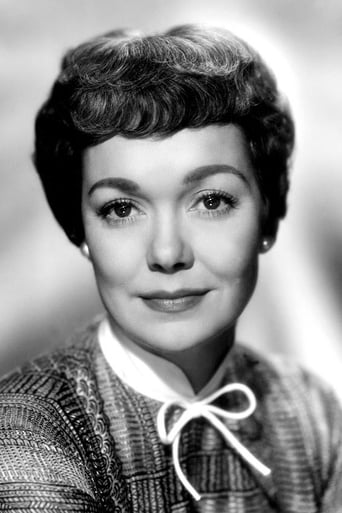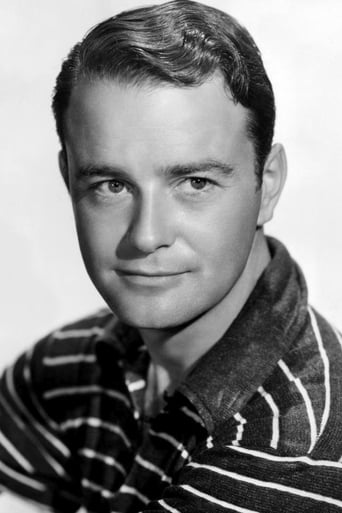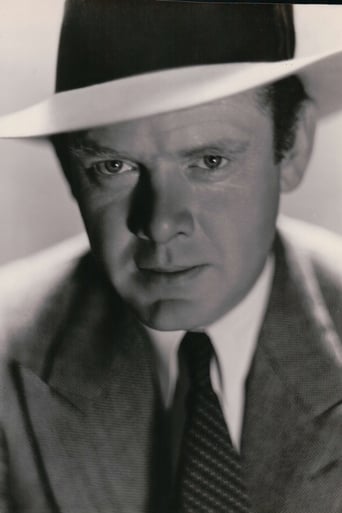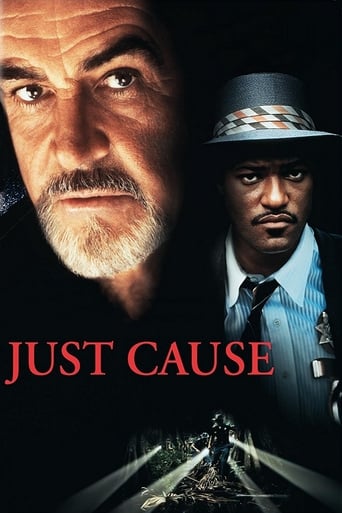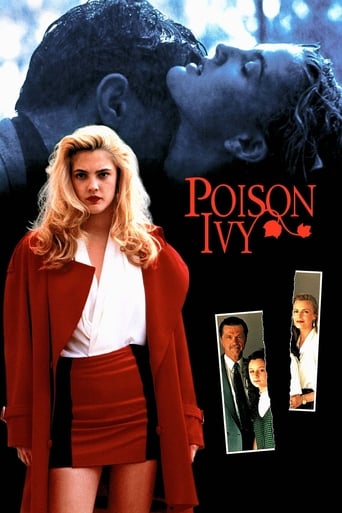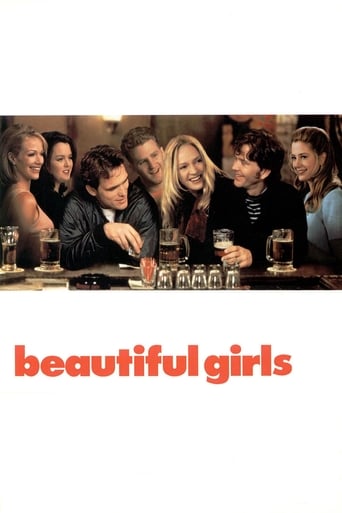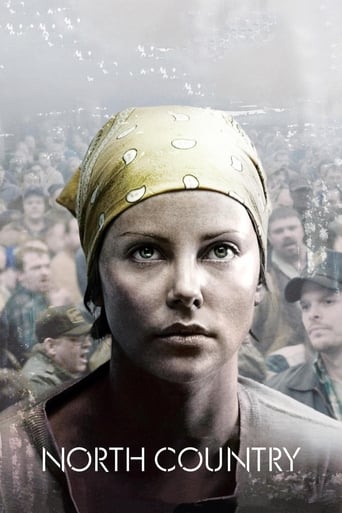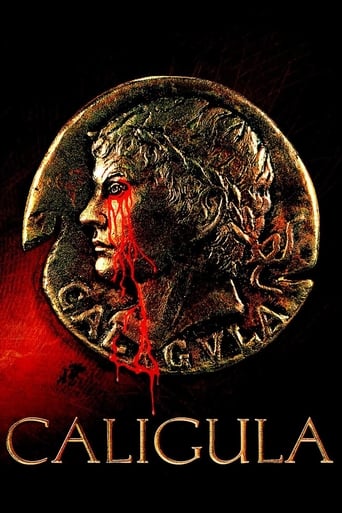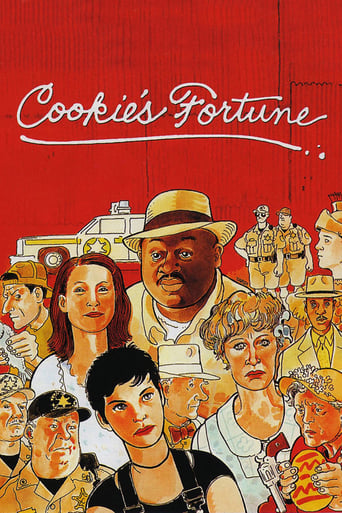Johnny Belinda (1948)
A small-town doctor helps a deaf-mute farm girl learn to communicate.
Watch Trailer
Cast


Similar titles
Reviews
This Movie Can Only Be Described With One Word.
Memorable, crazy movie
The film makes a home in your brain and the only cure is to see it again.
The storyline feels a little thin and moth-eaten in parts but this sequel is plenty of fun.
Inspired by true events, this curiously titled drama focuses on the rape of a deaf-mute girl and her subsequent ostracism, thought to be incompetent as a mother by the citizens of the her small town. While the film was nominated for an incredible twelve Oscars back in its day, the film is best known nowadays for Jane Wyman's Best Actress win and she does not disappoint. Wyman conveys volumes without uttering a word and while Lew Ayres is ineffectual as a young doctor who teaches her sign language, the movie has a couple of very strong supporting female performances from Agnes Moorehead and Jan Sterling, both of whom go from just tolerating Wyman to actively sympathising with her. Ripe with melodrama, the overall story is far less engaging here than the individual performances and the film takes an inexplicable amount of time to warm up; the rape does not occur until over half an hour in with lots of awkward comic relief along the way such as Ayres talking to himself and Wyman's father learning how to sign the word 'butterfly'. That said, the film has distinct novelty value as a 1940s movie to broach the subject of rape, and while Production Code was no doubt the chief factor, the film benefits greatly from how the rape is implied but never explicitly shown. Whether it is credible how quickly Wyman bounces back from the rape is another question altogether, but with her limited education, the film handles this quite nicely. She is so innocent and so altruistic in her thinking that she can only smile when she learns that she will soon become a mother.
Well, I, for one, don't much care whether actress Jane Wyman did win an Oscar for her "Best Actress" performance here in this film, or not - I still rate Johnny Belinda as one of the most sordid and deeply depressing pictures that I've ever seen, bar none.This film's story is so relentlessly awful from start to finish, that I can't possibly imagine how anyone could ever consider this as entertainment. I mean, I certainly wasn't in the least bit "entertained" by this one's story.The fact that Johnny Belinda's story was based on a real-life incident doesn't help matters much at all, either. In fact, from my perspective, it makes matters much worse when one realizes that, yes, people really are this horribly awful to one another in real life, as well.19 year-old Belinda MacDonald is an extremely shy deaf-mute who, being a victim of circumstance, has very little self-esteem. Belinda lives with her dirt-poor father and aunt in a run-down, little dwelling on the outskirts of a small, isolated, fishing village, some miles away from Cape Breton, Nova Scotia, Canada.Belinda's father and aunt treat her pretty much like nothing but an imbecile, never paying her much mind or care. A kindly, sympathetic doctor in town takes an unselfish interest in Belinda and devotes much of his time to teaching her the necessity of sign-language and lip-reading.One dreadful day, while wandering around aimlessly near the woods, Belinda is attacked and, yes, savagely raped by a brutish, local fisherman named Rocky McCormick.Being the totally frightened creature that she is, Belinda remains completely silent about this traumatic incident and as a result becomes even more withdrawn than ever. When it is soon discovered that Belinda is, in fact, very pregnant, the crap really hits the fan when (courtesy of the simple, ignorant townsfolk) the caring doctor is the one who gets blamed for raping Belinda.Johnny Belinda's oppressively bleak story is truly an ugly one. Its cast may be strong, but this, alone, just isn't sufficient enough to pull this one's wretched story out of the mire and muck of a "real-life" human tragedy.It's hard to imagine that a film of this sort was actually made in 1948.
JOHNNY BELINDA (Warner Brothers, 1948), directed by Jean Negulesco, is not exactly the one about an individual character named Johnny Belinda, but that of Belinda MacDonald, a deaf mute girl who gives birth to a child she calls Johnny. Although quite confusing in regards to name reference, there's nothing confusing about the dramatic theme taken from a 1940 stage play by Elmer Harris that served not only as one of the finest movies from the 1940s, but a poignant and touching performance by Jane Wyman.As the story unfolds with off-screen narration about of the residential workers in Cape Breton Island off Nova Scotia, Canada, the plot leads towards its introduction of Robert Richardson (Lew Ayres), a young medical doctor whose taken up residence in the area, with Stella Maguire (Jan Sterling) acting as his secretary who has a secret crush on him. One evening, Aggie (Agnes Moorehead), a poor farm woman living with her brother, Black MacDonald (Charles Bickford), comes to Richardson's home for assistance with her pregnant heifer. During the delivery, Richardson notices a quiet girl in the darkness, Belinda (Jane Wyman), McDonald's daughter, holding a lantern. Told by her father that she's a deaf mute, the doctor takes it upon himself devoting his time educating Belinda in teaching her sign language and lip reading. A quick learner, Belinda proves herself a capable student. One night as her father takes Aggie to visit with her sick sister, Belinda, home alone, is approached by the drunken Locky McCormick (Stephen McNally), one of her father's steady customers, who takes advantage of the situation by making his attack on "the dummy." Afterwards, MacDonald, who notices daughter acting strangely, advises Richardson for help. Feeling Belinda depressed in her own quiet world, he decides taking her to the city for a medical examination. Discovering from the doctor (Jonathan Hale) of Belinda's pregnancy, Richardson does everything in his power to make her life more easier. After giving birth to her boy, Johnny, matters become more complex as the gossiping villagers, believing Richardson to be the father, put him locally out of medical practice and discontinue purchasing wheat from the MacDonalds.With changing tastes in regards to types of movies audiences wanted to see during the post World War II years, tough and graphic "film noir" suspensers and/ or Technicolor musicals were the prime factors of the time. For its melodramatic theme and doses of sentiment, JOHNNY BELINDA seems like an outcast from the silent film era. Jane Wyman's Belinda, whose sensitive portrayal and fragile face could very well have been the sort of role awarded to Lillian Gish under D.W. Griffith's direction had such a product been possible in the twenties. JOHNNY BELINDA does parallel somewhat with Griffith's silent classic, WAY DOWN EAST (1920) set in a poor rural community with a tragic heroine (Gish) who falls victim of gossip after giving birth to a child fathered by a cad. JOHNNY BELINDA, goes a step further with its child-like deaf girl who falls victim of rape, a sequence handled quite discreetly.Regardless of Academy Award nominations for Lew Ayres (Best Actor); Charles Bickford and Agnes Moorehead (with Scottish accents down to the rolled Rs) in the supporting category, the most worthy award went to Wyman whose convincing character portrayal without uttering a single sound ranked one of the best accomplishes ever captured on screen. Once seen, it's hard to forget such key scenes as Belinda's rhapsodic discovery of music at the village dance; the tapping of her feet to the "felt" musical beat; her facial expression of happiness, sadness fear and courage; the reciting the Lord's prayer completely in sign language at her father's funeral; Belinda's tense trial for murder, and Max Steiner's unforgettable musical score. Ayres is a natural as the kind doctor, a role reminiscent to his "Doctor Kildare" portrayal in the medical film series for MGM (1938-1942), with mustache adding to his mature features. Stephen McNally does exceptionally well as the most unsympathetic character, along with Jan Sterling, in her motion picture debut, as his bride whose crucial scenes coming much later in the screenplay.With several TV adaptations to JOHNNY BELINDA over the years, the most recent being the 1982 remake with Richard Thomas and Roseanna Arquette, the original remains quite a moving and unforgettable experience if movie watching. Distributed to home video in the 1980s, and years later on DVD, it's commonly presented on Turner Classic Movies. As JOHNNY BELINDA paved the way for Jane Wyman with better leading roles ahead, nothing can really compare to the one as the quiet girl. (****)
Director Negulesco and his whole creative team worked together as one in a concerted effort to make this into the fine example of the Cinematic Arts of the Late 1940's Post War Era. Where it would be easy to turn this Play into corny near-Melodrama or an overly preachy and sanctimonious lecture to the public at large; it is well maintained inside rather understated parameters.Instead, in JOHNNY BELINDA (Warner Brothers-First National, 1948), we have a fine, sensitive and one of a kind film that ANYONE can enjoy regardless of age, sex, race or station in life. The choice of players in the story is most strikingly right-on in creating realistic screen portrayals; sprung from the written page.Starting with Miss Jane Wyman who, without benefit of having any dialogue, creates a multi-faceted Personality of many, mostly unseen qualities; who is forced to live in a silent world and is pigeon-holed into being thought of as a low intellect persona non grata.Making fine use of a wide array of excellent facial expressions, body language and pantomime; Miss Wyman is able to get her character's personality and plight across to the audience just as well or even better than use of the spoken word would have accomplished.IT is apparent from the scene when we first encounter the character of Belinda in the barn scene, assisting her Father (Mr. Charles Bickford) with the lantern; that a modified version of Silent Film Acting Technique was to be employed. We use the term "modified" as what we see in her speechless acting is refined, somewhat subdued and lacks that bigger than life "Operatic" grandeur that characterized so many performers of the Silent Screen Era had displayed. Emil Jannings, Greta Garbo, the Barrymores (Ethel, Lionel & John), Valentino and (especially) Lon Chaney were all leading exponents of the form; which would come to be seen as "Overacting" or "Ham", once sound was added to the Cinematic Equation.Miss Wyman's natural beauty and hauntingly unforgettable eyes are the main means of conveying a depth of personality that no one in the World seemed to recognize. No one, that is, until: Enter new town Doctor, Robert Richardson (Mr. Lew Ayers).Mr. Ayers characterization is one of that who is truly noble and serious about upholding that Hippocratic Oath, to which he has pledged his undying support. But alas, he is also a truly red-blooded young man (if you get my drift) and has all the needs and desires that makes the male what he is by nature.The good Doctor first of all, notices the plight of the poor, neglected Belinda and pities her; but takes positive action in seeking to have her Father, Mr. Black McDonald send her to Special School for Classes for the Deaf. The Classes work and it becomes obvious during the interim that Dr. Richardson is falling in Love with the handicapped young Lady. AS for Belinda, she has been smitten ever since her first meeting with the young Dr. Richardson and almost immediately shows indications of her own infatuation. But the road is never easy as neither the Town nor Belinda's Aunt Aggie (Agnes Moorehead) approve of any relationship between the Town Doctor and Miss Belinda McDonald; even they suggest that there are improprieties going on between the two. Of course, as we the viewers with the nearly omnipotent point of view know that it is not true.Another local resident, Locky McCormick (Stephen McNally) has been seen as pushy, gruff, disrespectful and totally ruthless. He has been a threatening, bullying monster in his dealings with Mr. McDonald's Grain Mill; but he suddenly takes notice when Belinda begins to fix her self up, communicates via signing and begins to enter in with and participate in community activities, such Community Dances.Locky gets Belinda off by herself, and when his dalliance is not met with enthusiasm or any acceptance even; he rapes her. She is left pregnant; through no fault of her own. Once again, the Town busy-bodies declare that it is Dr. Richardson who is the bad guy here.Meanwhile, Locky who has been wooing a young local Lass, announces their engagement. And just who is the Lucky Girl? It's Towns girl, Stella (Miss Jan Sterling, in about as fine a performance as she ever gave).The Baby is born and named Johnny (hence the title!) and again, the local gentry start the whispering campaign; this time in plotting to have the baby legally taken from the young Mother. But the pompous and arrogant Locky McCormick just can't stay away and when he blurts the truth to Mr. McDonald, the blackguard Locky kills him.When the Murderous Rapist later attempts to take the baby Johnny, Belinda shoots him dead and is put on trial for Murder, herself. After a veritable Mt. Everest of circumstantial evidence piles up against her and things seem to be the most grim, the goodness in the now Mrs. McCormick (Jan Sterling, remember?) has a change of heart and confesses in Open Court that her husband had bragged to her that the baby Johnny Belinda was his son.IN a wonderfully quaint and beautifully filmed fade-out scene, Belinda and Dr. Richardson leave together; to Live Happily Ever After! THE END! A WARNER BROTHERS-FIRST NATIONAL PICTURE.THE mounting of the Production, set in the Canadian Maritime Province of Nova Scotia was done on the California Coast of the Northern Part of the State; but not once did our mind say, "California", but rather we could feel a chilling Noreasterly blowing in or the damp and penetrating fog chilling our bones and penetrating our joints.Although a work of Fiction, the Play's Storyline does bear a striking resemblance to the real life story of Helen Keller; who of course was both blind and deaf. Perhaps the story of the deaf & blind girl served as inspiration. POODLE SCHNITZ!!

